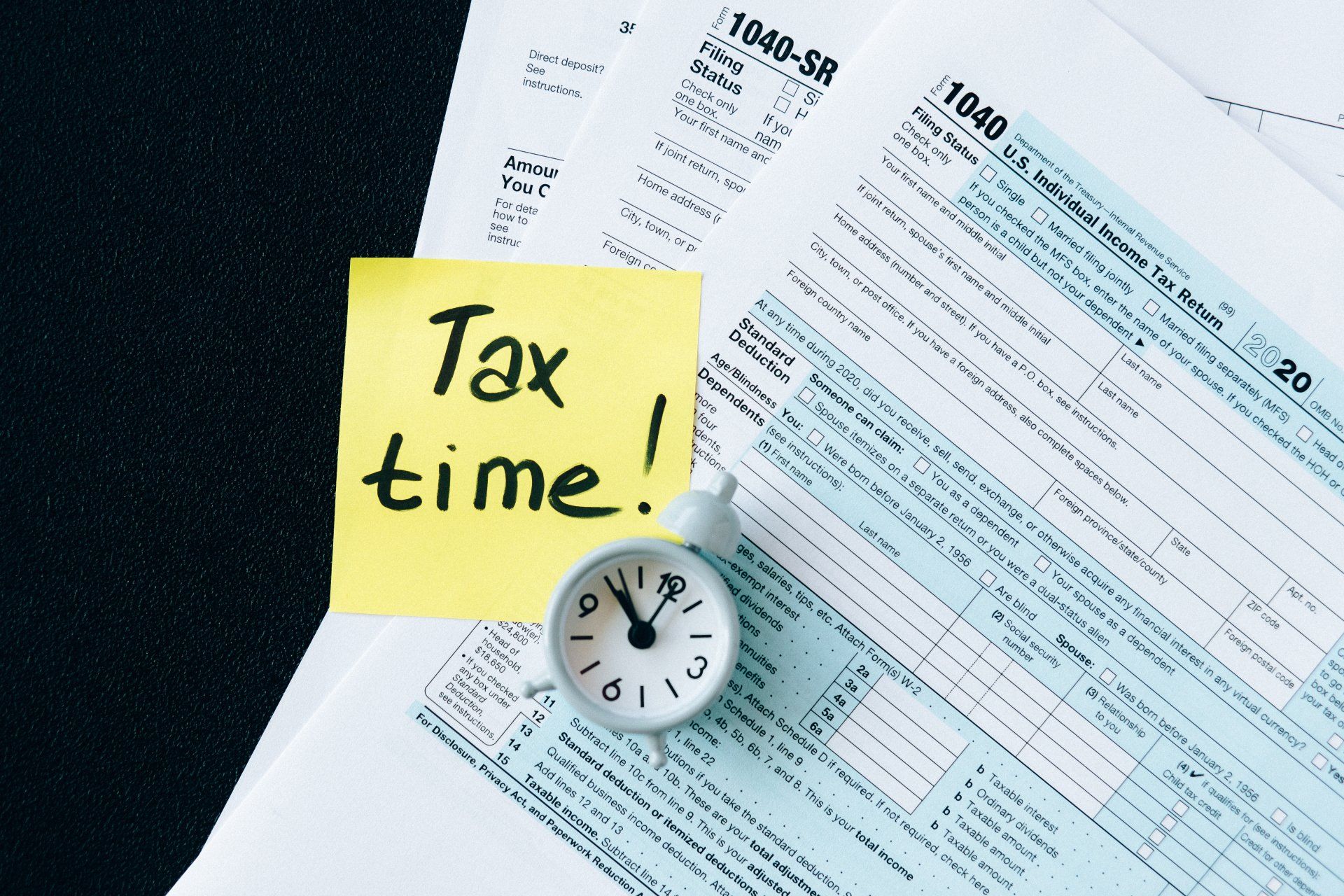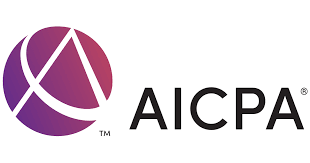THE IMPORTANCE OF CORE CAPITAL
THE IMPORTANCE OF CORE CAPITAL
In the personal finance world, individuals are taught to build up a “rainy-day” fund. Most financial advisers suggest having between 3-6 months expenses saved in case of a job loss or another emergency. Businesses are no different. Every business should establish a reserve fund, which I refer to as the core capital of the business. It serves as an emergency fund, but it is also more than that. It is the fuel that keeps the engine of the business running. Core capital is not the same as working capital. The accounting definition for working capital is current assets (typically cash, accounts receivable and inventory) minus current liabilities (accounts payable and other liabilities that will be paid within twelve months). Essentially, core capital is the amount of cash needed to pay for several months’ operating expenses, debt payments and the cost of anticipated equipment purchases.
The amount of core capital that a business requires will vary depending on the industry in which the business operates. An accounting firm, for example, is not a capital-intensive business so the amount of core capital it requires would be much lower than a manufacturing company. Manufacturing companies have inventory to purchase, high repairs and maintenance costs and expensive equipment to replace. These costs can add up quickly and if the company does not have adequate core capital to pay for such items, it will be difficult to continue operating profitably. For capital intensive businesses larger equipment purchases that increase capacity or efficiency may be financed and would not need to be figured into the target core capital calculation. I will discuss the use of debt in the next blog in this series.
My most valuable lessons have been learned the hard way. As a young CPA, I failed to maintain the appropriate level of core capital in my business. The firm earned most of its revenue from February through May and operated at a loss for the last five months of the year. Instead of reserving cash to cover the losses, I paid out staff bonuses at the end of tax season. I am sure that my bank considered me a good customer since I had to use a line of credit to finance the operations of the business from October to January. I then had to use tax season profits to pay the loan back. This was a cycle I was stuck in. The simple solution would have been to calculate and retain the amount of cash needed to cover future months’ losses, and delay bonuses until reaching the firm’s target core capital.
What if a business is paying down debt? Should the debt be paid off first before filling the core capital pocket? In my opinion the core capital pocket should be filled as debt is being paid down. If not, a business will find itself on the debt treadmill, relying on the bank or creditors to provide funds for operating that should have been financed by cash retained in the business.
A business that has met its target core capital is better prepared for a “rainy-day”. The current pandemic is such a day. Due to the downturn in revenue, many businesses have depleted their core capital and will be back to square one and will need to build its cash reserves back up. Their core capital has provided shelter in this storm. On the other hand, businesses with little cash reserves before the rainy day came are struggling to survive.
In his book Simple Numbers, Straight Talk, Big Profits!, Greg Crabtree writes, “Businesses that have cash and no debt attract magical things. The opportunities that fall into their laps are just amazing.” I can attest that this is true. My successful clients keep the necessary core capital in their businesses and experience the magic and find shelter when the rainy days come.
-Butch Rogers, CPA









